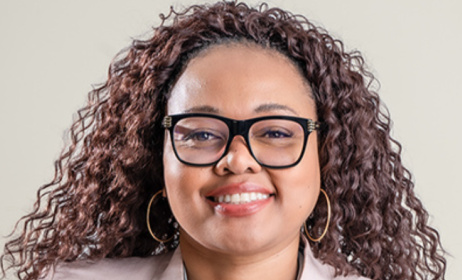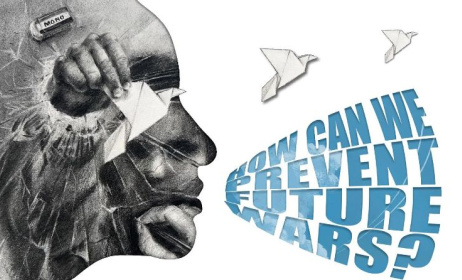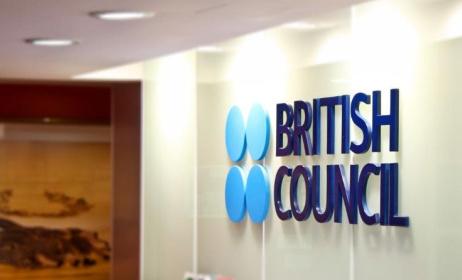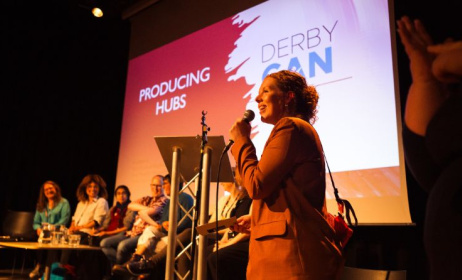UK: PPL paid over $300m to rightsholders in 2022
UK-based music licensing company PPL has announced that it paid out £244.9m ($303.6m) to 165 000 performers and recording rightsholders in 2022.
 PPL CEO Peter Leathem.
PPL CEO Peter Leathem.
The figures represent a 7% increase in the amount of payout from £228.7 in 2021, and a 12.2% growth in the number of performers and rightsholders from 147 000.
The amount is the second-highest total paid out by PPL in a calendar year, with the highest ever total payout (£260.2m) made in 2020 following record collections of £271.8m in the previous year.
The money paid out was collected for the use of recorded music in the UK and internationally. The payment was made directly to members of PPL or indirectly through other collective management organisations across the quarterly distributions in March, June, September and December.
PPL says the record numbers reflect technological and operational investments made and a growing membership. PPL CEO Peter Leathem said he was excited the company was able to pay out more money to performers and recording rightsholders than it did in 2021.
“Over the last decade, PPL has become one of the world’s most successful neighbouring rights companies,” he said. “Not only do we collect hundreds of millions of pounds from the UK and around the world, but each year we distribute this money to more and more performers and recording rightsholders than before.”
PPL has one of the most comprehensive repertoire databases of its kind in the world, holding detailed performer and recording rightsholder information for more than 20 million recordings. Over the past three years, an average of 45 000 new recording details have been received each week.
The company also works closely with partner organisations across the music industry to develop the technology and operations that underpin the neighbouring rights sector. This includes building and operating WIN and the International Federation of the Phonographic Industry’s (IFPI’s) RDx data exchange portal, and being a key player in the Societies’ Council for the Collective Management of Performers’ Rights’ (SCAPR’s) Virtual Recording Database (VRDB), which improves the quality, use and sharing of performer line-ups on recordings.
“This is a testament to both the expert team we have at PPL but also to the efforts of the sector as a whole,” Leathem said. “Initiatives such as SCAPR’s VRDB and IFPI and WIN’s RDx are improving the technology and data that support the worldwide distribution of neighbouring rights, so ensuring the right people and organisations are paid when their recordings are played.”
The PPL added that more growth was expected in 2023 with the industry recovering steadily from the negative effects of the COVID-19 pandemic.































Comments
Log in or register to post comments